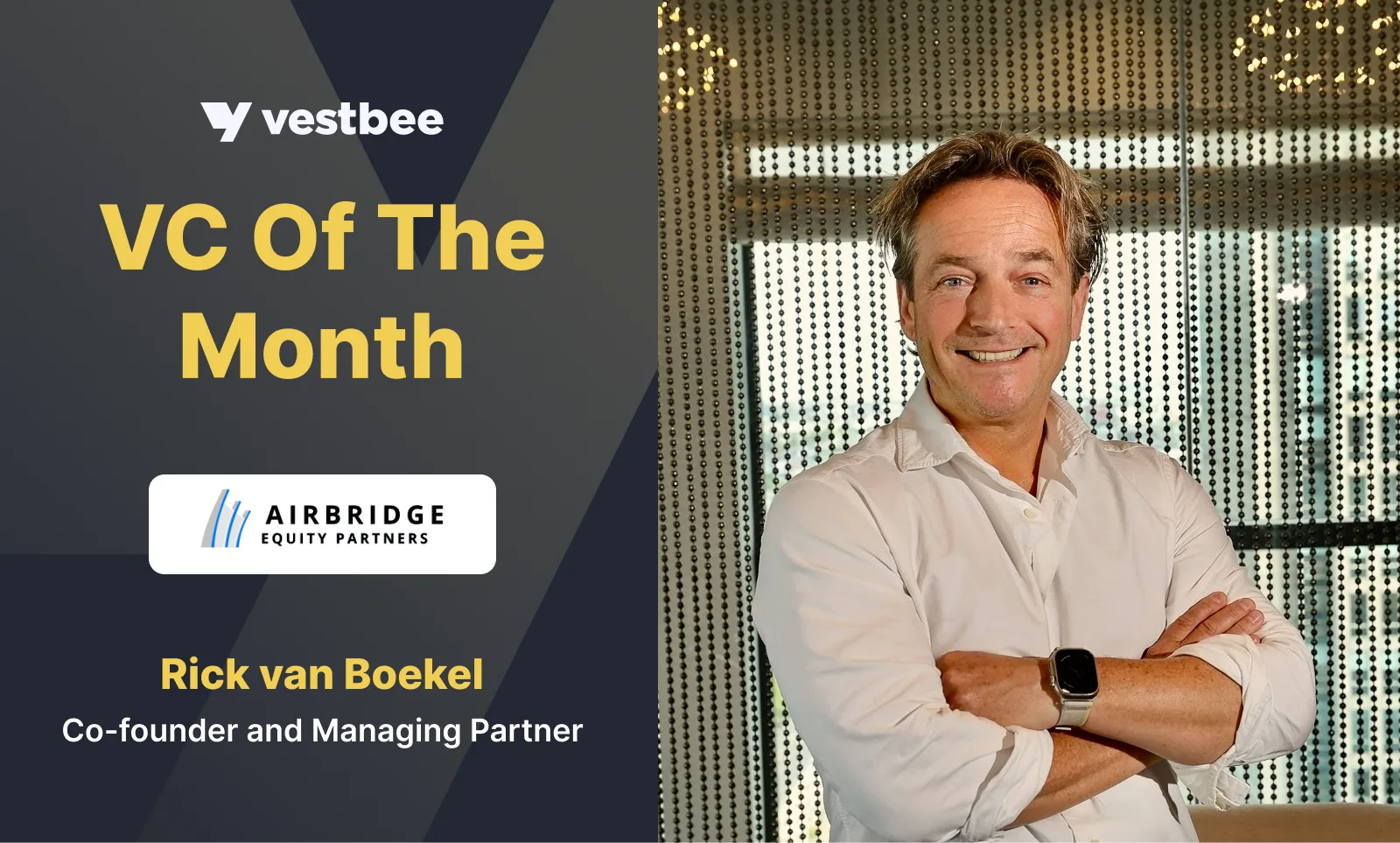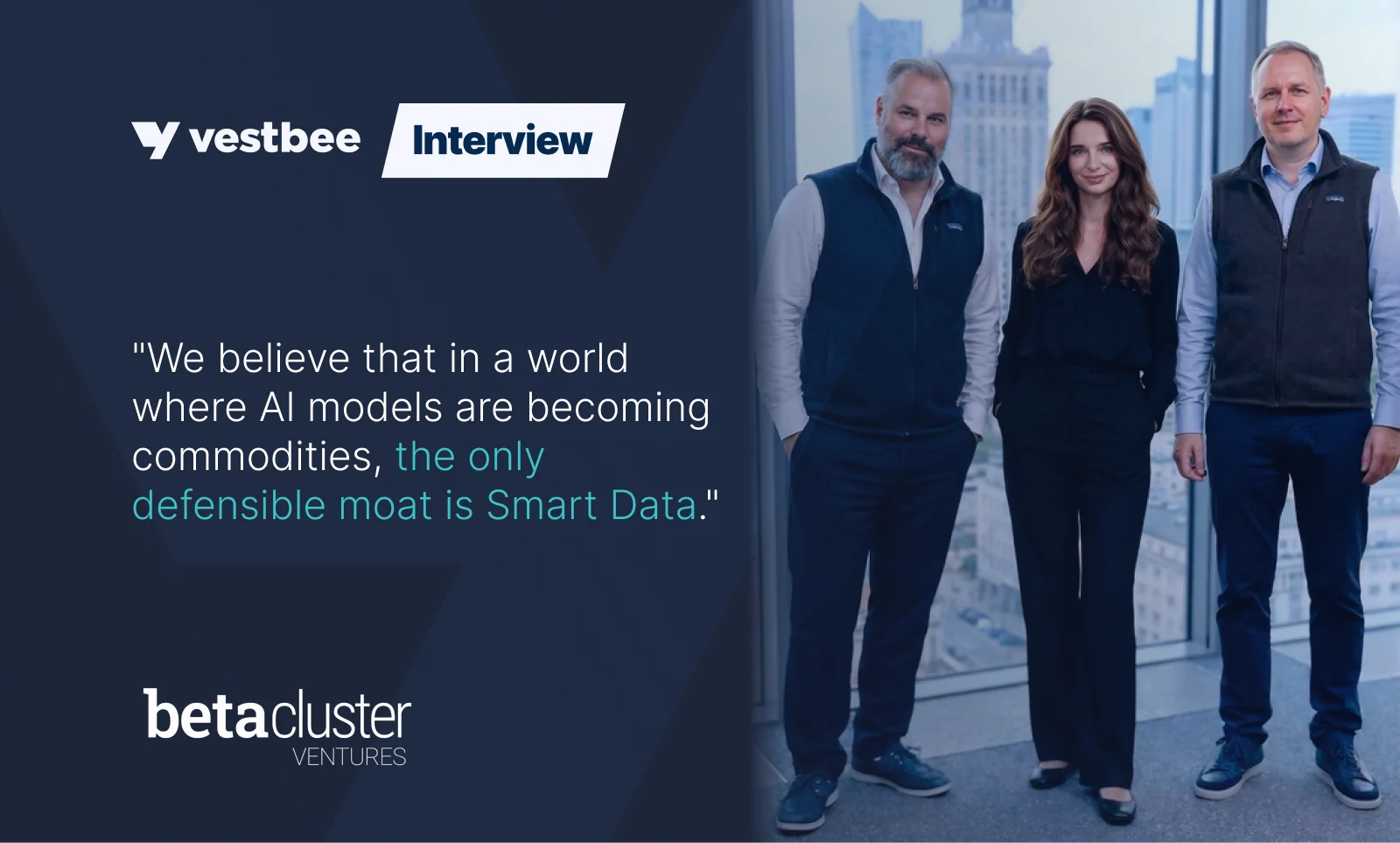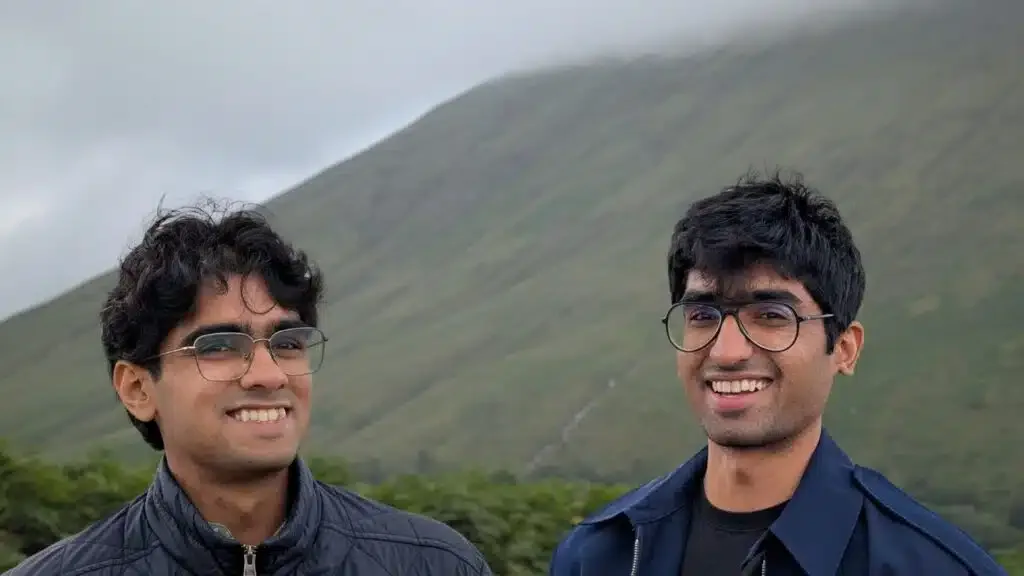Bek Ventures is a global venture capital firm accompanying a select group of early-stage founders from their earliest days to global scale with relentless, hands-on support. Currently in its second decade, Bek has backed multi-billion-dollar successes such as UiPath and Payhawk, operating at the time under the Earlybird Digital East brand, and been recognized as the top-performing VC globally since 2010 by HEC/Dow Jones. Bek has offices in London, New York, Luxembourg, and Istanbul.
The firm’s Partner, Oguzhan Ozer, told Vestbee more about its recent fund strategy and investment approach.
Fund strategy overview
- Geography: We invest in founders with roots in the region we call Dynamic Europe, which includes Central and Eastern Europe and Turkey. Half of our companies are building from the US; our founders go global from day one to tackle the biggest markets.
- Preferred industries: We are a generalist investor and invest across a broad range of sectors, including AI, cybersecurity, B2C, DevTools, infrastructure software, and SaaS/enterprise software.
Investment ticket: $500k-10M from pre-seed to Series B - Company stage: Mostly seed and series A, but we can selectively invest in pre-seed and series B
- Most recent fund size: $250M, announced in 2024
- Number of companies per fund: We invest in a concentrated, select number of teams per fund, usually around 20.
- Offices: London, New York, Luxembourg, and Istanbul.
Performance: We have been recognized as the top-performing VC firm globally since 2010 by HEC-Dow Jones, and have a 10x+ investment multiple as a firm.
Q&A with Oguzhan Ozer, Partner at Bek Ventures
What are the 5 main things you look for in a startup?
We actually look at two main things when we consider investment opportunities in the early stages.
The first and most important is the team. A team should include A-level, agile talent with deep knowledge of the customer and market they are serving and the ambition to go global. That does not mean they need to have worked in that market themselves, but they need to thoroughly understand their customers’ pain points and have a vision and a plan for a product that addresses those. Payhawk is a great example of this; the team did not have a fintech background, but they impressed us with their unique understanding of customer needs. The founding team must also have the ability to assess, hire, and manage similarly high-caliber talent — a key capability across all stages of a business.
The second is market. The market should already be large enough, or the founder should be able to present a vision that convinces us of the market’s future size or where the product can expand to achieve a large outcome.
Of course, for later stages, traction and having loving customers matter as well.
What disqualifies a startup as your potential investment target?
A company might check all the boxes in terms of the above, but if it does not make sense from a fund economics perspective, we can still pass. We have a flexible approach, and sometimes we start with rather low ownerships in the first check, but we’d need to see a path to increase our exposure in the future.
We invest selectively, making only about four to five investments a year. We strive to build high conviction in each of our investments. Having any important gaps in the above criteria could be a deal breaker for us.
What, in your opinion, differentiates the best founders from the rest?
The best founders can preserve a high-conviction vision and a high-level perspective, while also keeping a handle on the daily in-and-outs of their business. They can manage both the micro and macro pictures, without getting carried away in too much vision or bogged down in too much operational detail. Second, the best founders have an exceptional ability to assess, hire, and manage talent. Third, the best founders don’t take no for an answer. They find ways to work around impasses with tenacity and resourcefulness because they believe that nothing is unsolvable. Finally, they possess storytelling skills, which allow them to convince customers, talent and investors to join them on their journey.
What startups should take into account before making a deal with a VC fund?
As a founder, you should be evaluating a potential investor just as much as they are doing diligence on you. Ask yourself a few questions:
Are they truly engaging — processing key materials, understanding your industry, and asking thoughtful questions — or merely trying to secure the deal without fully doing the work? Do they challenge you in a constructive way? Do they know how to listen? Do you feel chemistry with the entire team, not just the partner? The most important thing an investor can give an early-stage founder is time and attention. Can you sense how attentive they will be to you? Did you get references from their portfolio?
Not just from companies with successful exits or IPOs, but also from companies with other outcomes.
What is your approach to startup valuation and preferred share in the company?
We take a more selective approach than other VCs and build concentrated portfolios so that our ultimate upside makes sense from a fund economics perspective, and so we can preserve reserves and energy for our portfolio companies.
We don’t have a strict ownership target, but we would like to build positions that can ultimately deliver the required returns to our investors. We look for companies with fund returner potential, and the ownership necessary to achieve that might vary significantly.
Finally, we keep high reserves, which allows us to support our companies through multiple rounds. We actively participate in follow-on rounds, and 90%+ of portfolio companies get a second check.
How do you support your portfolio companies?
We have a dedicated talent team for our portfolio companies. We started this team more than seven years ago, making it one of the first ever in a European VC, and to date, we have helped our portfolio companies hire dozens of VP/C level executives. We spend significant time understanding our portfolio companies’ requirements even before our investment, and create specialized hiring projects.
Given our concentrated portfolio, our investment team can spend meaningful time with portfolio companies helping them navigate challenges — we are not afraid to get our hands dirty when our founders ask us to do so. We have also taken companies from their earliest days to IPO, so we are familiar with important board and strategic topics and know how to handle them.
We also help with follow-on fundraising. We actively engage with founders to understand the round dynamics and targets, help them create a strategy and a compelling story, and find ideal investors.
Finally, we have a network of known and trusted advisors and service providers that we have vetted to connect the right founders with them at the right time.
What are the best-performing companies in your portfolio?
We backed the first unicorns from Romania and Bulgaria, UiPath and Payhawk, respectively. In the case of UiPath, we invested at the seed round in 2015 when the company had 10 employees. The company IPO’d in 2021 at a $36 billion valuation. In the case of Payhawk, we led the seed round in 2020. The company has already scaled to the position of the European champion in its sector, is growing strongly across multiple markets and regions, including the US, and we believe they’ve still only scratched the surface of their addressable market.
We also have many emerging winners in our portfolio, including AI email assistant Zeta Labs, mobile gaming powerhouse Grand Games, AI call center automation tech company Lace AI, fintech Midas, cybersecurity company Picus, and legaltech Draftwise.
What are your notable lessons learned from investments that didn’t work out as expected?
No matter how tempting the narrative a founder tells you or how loud the market buzz is around an industry or company, stick to your principles and never forget discipline. Sustainable performance comes from staying true to your strategy, even if it means walking away from seemingly compelling opportunities.
This doesn't mean your strategy cannot change. It shouldn’t be too rigid and be able to adapt to changing dynamics, but it should change in a thoughtful way and for the right reasons.
What are the hottest markets you currently look at as VC, and where do you see the biggest hype?
AI is the area with the most hype currently. While there is a lot of frothiness and noise, we still see great value being generated and try to identify real value drivers. We believe that the success criteria for great companies — AI-powered or not — haven’t changed. It’s still about execution, understanding the customer's needs, and serving them better than others
In your view, what are the key trends that will shape the European VC scene in the coming years?
We believe VCs should not be influenced by political topics or the news cycle so much; instead, they should make allocation decisions on the scale of a +10-year fund cycle. We saw this with the popularity of sustainability, which has now been replaced by defence as the latest area in which European VCs might be over-orienting.
The key to VC performance is a balanced and disciplined approach that does not go all in on trends.
We also saw some European VC firms raise aggressively sized funds during the period of easy capital and tech exuberance in recent years. Our take is that many will find it difficult to return these funds now that we have entered a period of overall tighter capital, and we will likely see a return towards more disciplined fundraising. The same arguments can be made for US VCs as well, but the struggle will likely be harder for European so-called ‘mega funds’ given the depth of the markets and the competitive pressure presented by large US funds.







